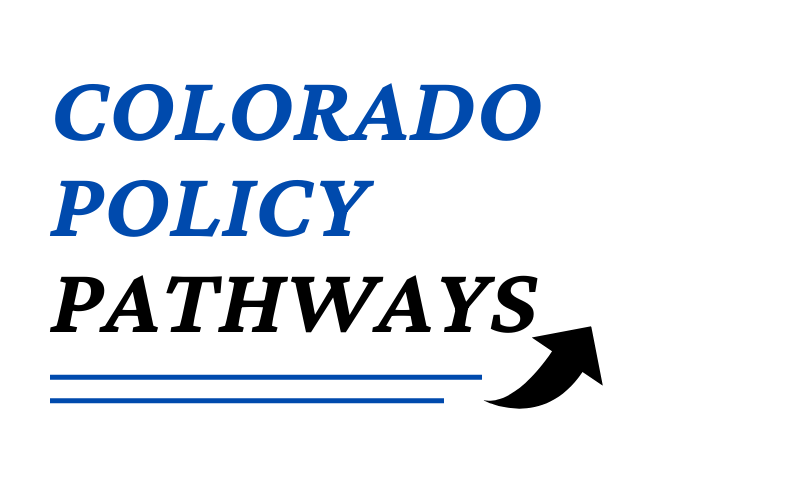Businesses across the state have issued warnings and pleas for seven years urging lawmakers to resist recently proposed approaches to providing paid leave benefits to workers through a government mandate. It will harm businesses, the communities they serve, and job opportunities.
Paid leave appears on paper to be a good solution for employees. The problem is that it is incompatible with the realities of our wildly diverse businesses in their unique environments. This will prevent it from delivering the outcomes that advocates expect.
How PFML sorts, sifts, and directs the outcomes. Not everybody wins.
Most businesses recognize that the impacts of this ambitious policy will be unequal across industries, regions, and business sizes. Each must balance different types of costs, a reality that PFML does not recognize. Not all businesses rely heavily on labor. Among those that do, the challenges can be dramatically different depending on whether their workforce is highly skilled or unskilled.2 Those that rely on unskilled labor typically face thinner margins to support sustainability.
For business sustainability under the burden of PFML, market matters. Customers served matters.
Perhaps those serving higher-end markets like those found in Boulder and Denver are less vulnerable. Their customers may be more willing to adapt to a hike in pricing.
Perhaps those in fields that require highly-skilled and educated professionals are less vulnerable. Their workforce may be harder to replace for pfml absences, but may also give them a competitive edge. Individual positions likely add more relative value by the hour to the firm’s productivity allowing for higher compensation.
These are not always the reality of many small independent businesses across the state. Yet Prop 118 mandates are universal across all businesses.1
Will this discourage local commerce in some communities?
Low-income communities or those with sparse populations pose unique challenges to the ability of a business to thrive. A mandate further robs them of the agility they need to manage those challenges. We risk pushing out their unique contribution to local commerce. This may rob communities of not only social vibrancy but local job opportunities and access to starting their own business.
Meanwhile, communities with higher incomes and more dense populations may be less affected. They might always enjoy unique interpersonal small businesses in their midst, serving their needs.
Entrepreneurship – an opportunity for anyone?
And finally, all big businesses can trace their origins to small ones. But the opportunities to start and operate your own business, a dream for so many, are fading. These are increasingly available only to those with high levels of education, resources, or access to higher-end markets.
There are a number of reasons for the growing challenges facing new small firms, but rising taxation and overlapping regulations from multiple branches of government are significant. They are weighing them down. They are creating barriers to entry, reducing broader access to entrepreneurs from all backgrounds.
The regulations and taxes imposed by paid leave will be a difficult shock – perhaps unsustainable – for many small businesses.
Employers and employees must be allowed to find a balance that serves them both
Employers understand that they cannot serve their customers if they don’t first serve their employees. Small businesses can feel that dynamic on a much closer human scale. That is why successful small businesses find ways to meet their needs and aspirations – but in the context of what the business can do sustainably. Government paid leave requires they provide this one sizable defined benefit – for everyone – that not all businesses can bear.
Why the bold confidence in government paid leave?
We are all looking for ways to make viable options available to more working caregivers. My early days as a young mom were before the general use of cell phones and the internet. The differences between challenges facing moms then and today are striking. There have been tremendous gains but also new challenges. Standing back I can see clearly the underappreciated pace of change.
As a result, I have developed a deep respect for what we cannot know about tomorrow. Advocates for government paid leave rely on the assumption that the future will look very much like the past. This confidence in PFML demonstrates a lack of humility in the face of uncertainty.
Prop 118, will generate too many unknowns and on too big a scale. To make matters worse, missing from the law are options. It is unlikely that we would be able to pull back the program if advocates are wrong about affordability or outcomes. Once we commit, there is no exit.
Passing Prop 118 in today’s unstable environment is a terrible risk. We are already losing commerce that has taken years of hard work to build.
Colorado small businesses have had to make terribly difficult choices in 2020 – with uncertainty nearly a constant. The passage of Prop 118, paid leave, on top of the many other recent regulatory measures, may be the deciding factor for them. Small businesses across the state plea for voters to consider the risks carefully and reject this costly proposal.
1 The terms of Prop 118 allow for a premium discount for businesses with fewer than 10 employees. But all other terms of the policy apply and impact their operations and sustainability.
2 Warren Meyer, founder and president of Recreation Resource Management, wrote an excellent essay that lays out this topic. Published in CATO Regulation, Summer 2018.


 Paid Leave May Hinder, Not Help, Career Growth for Women.
Paid Leave May Hinder, Not Help, Career Growth for Women.